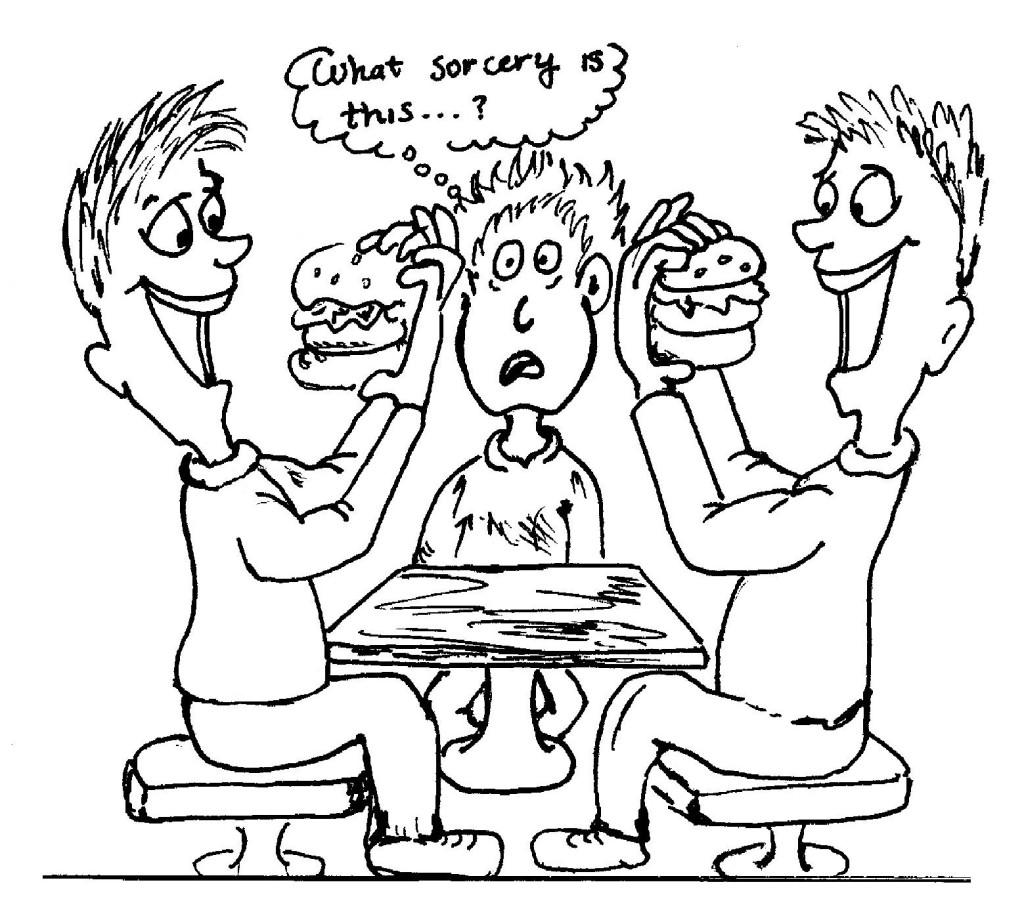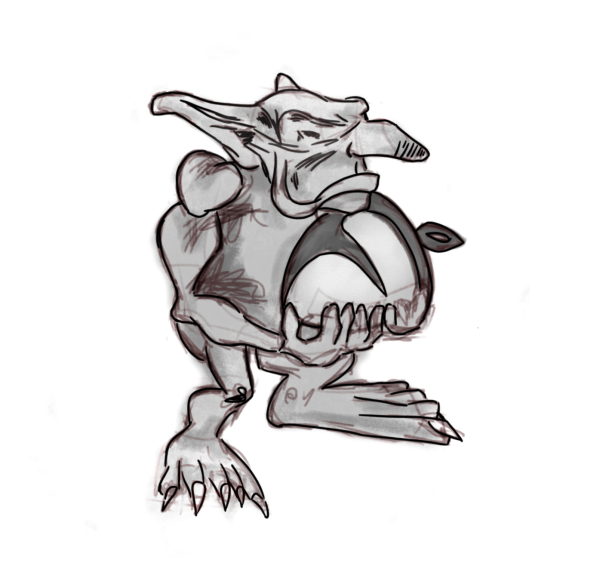The Hard Reality of Being a Twin When Faced with Stereotypes
Constant comparison with my sister and numerous questions: this is the reality of being a twin. Whether fraternal or identical, twins are becoming more predominant with a 33.2% increase since 2009. The number of twins in the US has increased dramatically over the last 30 years, according to the Center for Disease Control and Prevention. With my experience being a twin, I have encountered many questions about my sister and I. We feel overwhelmed wherever we go, as people constantly ask whether or not we are twins. When I try to convince others that my sister and I are fraternal twins, they have us stand side by side and try to figure out the differences between us. This makes me feel like I am an animal being inspected by a farmer, which lowers my self-esteem. Twins are losing their individuality and should not be subject to stereotypes such as the walking talking clones, the “good” and “evil” twins, and twin telepathy called “twinstincts.”
Most individuals assume that twins are identical and are pure duplicates of each other. My sister and I are fraternal twins, which, according to the American Academy of Pediatrics, means that we developed in two separate amniotic sacs, different from identical twins who are developed in one sac. The stereotype that twins do everything together and speak in unison is completely false, but the media continues to frequently portray twins in this fashion. What makes me even angrier about this stereotype is that some people believe in this accusation.They think that it is not important to distinguish between my sister and I and instead wish to call us twin one and twin two. Most people could not even imagine how it would feel for someone to not care to call you by name. A study conducted by Eric Turkheimer, a psychologist at the University of Virginia, revealed how siblings can encounter an individual event that slightly alters one twin’s personality. He determined that although identical twins could be very similar in the beginning of their lifetime, through different experiences and encounters, later in life they could become exceptionally diverse. Twins are not clones that share the same brain, but just siblings that share a special bond.
Overall, the number one question that people ask my sister and I is whether we have “twinstincts.” I do not understand how society could believe in these types of stereotypes without even questioning them. There has been no evidence of this type of extra sensory perception according to “Raising Twins: From Birth Through Adolescence” by Eileen M. Pearlman and Jill Alison Gannon. Even though twins sometimes talk at the same time or can know what the other twin is thinking, this is just due to twins knowing each other on a personal level. Some people do not understand that twins have separate brains and are totally different people, so they cannot possibly know what the other is thinking. We need to move past the stereotypes and should get to know a twin for who they really are. CHS students should treat twins just like any other person and respect their individuality.
My sister and I speak for all the twins in the world when we say that we are tired of all the constant questions people ask us about being twins. People need to stop generalizing and instead understand how twins are normal human beings and can be easily hurt by cruel nicknames. Treat twins like everyone else and see what a day in a life of a twin actually entails. You might be surprised.
Hello there! Our goal is to provide relavent, engaging journalism for readers of all ages. Your donation will support the student journalists of the Wolfpacket at Claremont High School, and will allow us to purchase equipment, print our monthly issues, and enter in journalism competitions. We appreciate your consideration!
Chrissie Meyer is a senior at Claremont High School and this is her second year on the paper. Meyer is currently an Assistant Sports Editor and enjoys...






